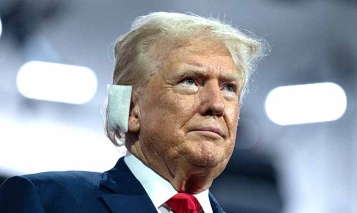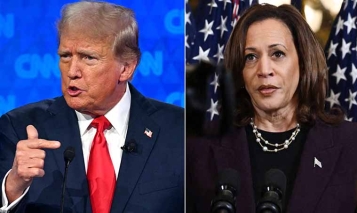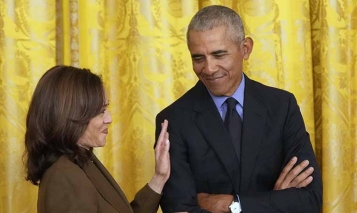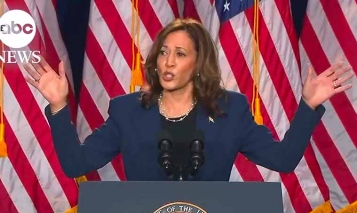
A petition signed by over 4 million disillusioned Hillary Clinton supporters gives them false hope that the Electoral College will elect Clinton president on Dec. 19.
Below is a post on Instagram.com that suggests your vote doesn’t matter because unknown “political figures” in the Electoral College gave their electoral votes to President-elect Donald Trump.

The electors are not nameless individuals conspiring to elect whomever they want. They are chosen based on your state senators and representatives in the U.S. Senate and the House of Representatives in Congress (pictured above).
Unlike in local elections, Americans do not directly elect the president or vice president. Instead, a 2-step process is necessary to prevent voter fraud on a massive scale.
The Electoral College is simply the 2nd step of the 2-step process to elect a president and vice president after the people have spoken.
Every state is represented by 2 senators and a number of representatives (congressmen or congresswomen) based on your state’s population.
Each state gets to choose electors equal to the number of senators and representatives who reside in that state.
Under most states’s winner-take-all system the candidate who wins the state gets all the electoral votes for that state.
For example, New York state has 27 representatives and 2 senators for a total of 29 electoral votes. Clinton won NY so she won all 29 electoral votes.
There are 100 members of the Senate (2 senators for every state) and 435 members of the House of Representatives. That’s 535 electoral votes for the states (plus 3 electoral votes for Washington D.C.) for a total of 538.
270 electoral votes are required for a presidential candidate to win the election. 269 X 2 = 538. (270 breaks the tie).
Electors in every state pledge to honor their state’s choice for president as decided by the people.
After a president is elected by the people, Republicans and Democrats sit down at a later date (Dec. 19) to give their electoral votes to the candidate who won their state.
“Faithless electors” are simply electors who go against their state by voting for the candidate who did not win their state.
For example, Donald Trump won the Republican stronghold of Georgia, which has 14 representatives and 2 senators. When Congress convenes on Dec. 19, Georgia’s electors will vote to give Georgia’s 16 electoral votes to Trump (since he won Georgia).
Every red state will do the same and President-elect Trump will be confirmed as president.
If some of the 16 electors in Georgia decided to give their state’s electoral votes to Hillary Clinton, that would cause a revolt within their state.
Trump won more states than Clinton, so he won more electoral votes (290 to her 228). But remember that Trump only needs 270 electoral votes to be elected president on Dec. 19.

The map shows the Democratic states in blue, and the Republican states in red. Clinton won the blue states, Trump won the red states.
In order for Clinton to be elected president on Dec. 19, at least 21 electors in one or more of the red states (won by Trump) would have to defy their state by giving their electoral votes to Clinton.
Theoretically, that would leave Trump with less than the 270 electoral votes necessary to be elected president.
The vote would then go to the House of Representatives who would reconvene in January 2017 to elect either Trump or Clinton as president.
The chances of that happening are zero to none.
It should be noted that federal law does not require an elector to honor their pledge to vote with their state. Still, it is a rare occurrence for an elector to dishonor their pledge by voting for the other candidate.
If Congress threw out the Electoral College and relied solely on the popular vote to elect the president, the heavily populated states of New York, California and Florida would decide the presidential election every 4 years.
A Republican would never be elected president again.
The Electoral College is a system that works and it’s here to stay.





